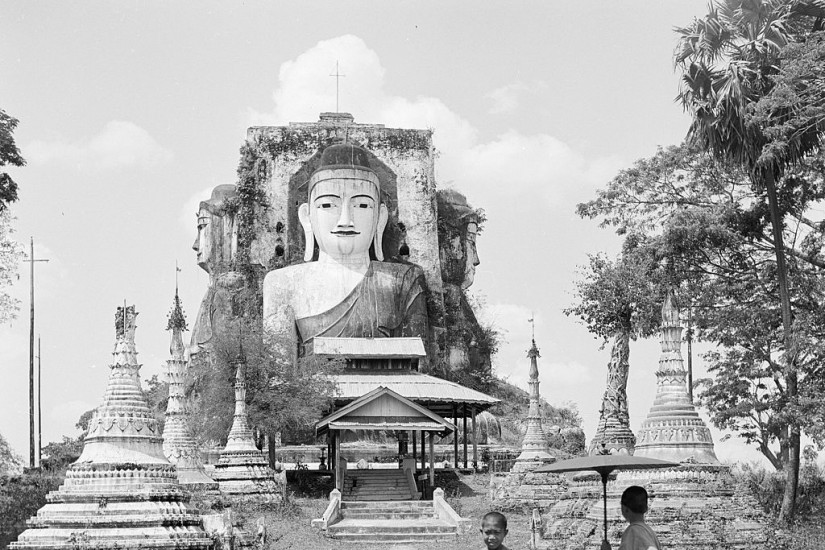America’s brief romance with Buddhism was also clearly not very successful. Despite U.S. support on both military and religious fronts, communist regimes took power in Vietnam, Laos and Cambodia, where the Khmer Rouge killed senior monks and sent others into labor camps. In Burma, the military deposed the prime minister and Buddhist patron U Nu in 1962, and the junta later decided to fight communists the old-fashioned way—with guns. With America’s tacit support, Thailand carried out anti-communist and anti-leftist crackdowns whose brutality made the Asia Foundation’s work look irrelevant.
This history reminds us what Buddhism is not. The Western obsession with Buddhism’s spiritual and mystical qualities has obscured the faith’s more political—and sometimes violent—past. We don’t grapple with the militant Zen Buddhists who promoted imperial Japan’s violent incursions into China as a holy war. We don’t spend too much time thinking about the Buddhist monks in Sri Lanka who blessed soldiers going to fight Tamil Tiger insurgents. And we are shocked in Myanmar today—the country changed its name from Burma in 1989—by the nationalist monks who spark bloody religious riots and cheer pogroms against Muslims. The lesson here isn’t that Buddhism is uniquely violent—
it’s not—but that all religions, even seemingly peaceful ones, can be contorted to serve political and sometimes evil ends.
Did the Cold War fuel Buddhist militancy, as it did in pumping energy into the mujahideen in Afghanistan? That is the big question that hangs over the book, and while Ford alludes to it, he is not able to answer it. But the tensions of the Cold War undoubtedly fueled a more severe strain of political Buddhism, and Ford brings some of the politicized monks to life. One of them, a Thai monk named Kittivudho, was active in the 1970s and famously compared killing communists to slaughtering fish. “There is certainly demerit in killing the fish, but we place it in the alms bowl of a monk and gain much greater merit.”
